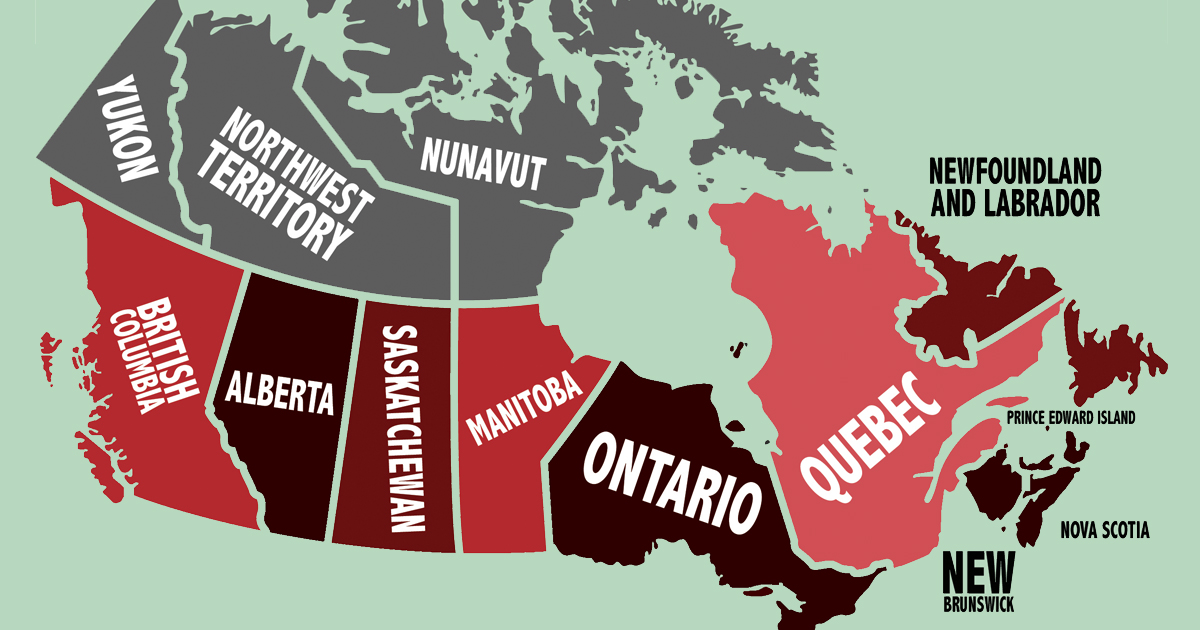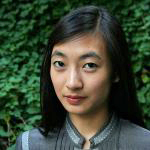Provinces Take Lead in Canada’s Legalization Ramp-Up

Canada is moving full steam ahead with its plans to legalize recreational marijuana this summer. The federal government, however, has delegated much of the responsibility for ironing out the details of regulation to individual provinces.
In November, Canada’s Department of Finance announced that excise taxes on cannabis flowers would not exceed $1 per gram or 10% of the product’s sale price, whichever is higher, and that marijuana-tax revenue would be divided equally between the provinces and the federal government.
Unhappy with the 50-50 split, provincial leaders came out against the proposed regulations, arguing that since their governments are doing most of the regulatory work, they should receive a larger share of tax revenue.
“The federal government must be smoking something to think it will work for the provinces,” Alberta Finance Minister Joe Ceci stated. “It’s unacceptable. We need to get into a room together to work this out.»
Quick to respond, Ottawa officials met with officials from the 10 provinces and hammered out an agreement that would give provinces 75% of marijuana-tax revenues for the first two years of legal sales. The provinces also signed off on the proposed $1 per gram federal excise tax.
Since products will be subject to provincial sales taxes as well, the final purchase prices will vary. Taxes on an $8 gram of cannabis would bring the price up to $10.33 in New Brunswick, but only $9.45 in Alberta, which has no provincial sales tax.
Patients and medical cannabis producers, however, are not pleased about the government’s plan to tax medical and recreational cannabis at the same rates. Patient advocates argue that medical marijuana should be exempt from taxation, as other medicines are. But lawmakers fear that would give recreational consumers an incentive to seek out medical marijuana for its cheaper prices.
Also See: New Medical Cannabis Regs Go Into Effect in Canada
“Our expectation is that by keeping prices low, we’ll be able to get rid of the black market,” Finance Minister Bill Morneau said after meeting with provincial leaders. “However, that will happen over time.”
Prime Minister Justin Trudeau, who favors legalization, is determined to put the thriving black market out of business. “This may surprise you, but I agree that marijuana is problematic for the developing brain, that we need to keep it out of the hands of our young people,” he commented at a town-hall meeting in Nova Scotia in January, responding to a health-care worker who contended that marijuana harms developing brains. “However, it’s not working. Right now the current system we have means… there’s already marijuana in our high schools.”
The legal age for cannabis consumption in Canada will be in line with that for alcohol: 18 or 19 years old, depending on the province.
In December, Trudeau clarified that commercial legalization will begin its rollout sometime during the summer, but not exactly on July 1.
 A Province-by-Province Breakdown
A Province-by-Province Breakdown
While the provinces have created general frameworks for their cannabis regulations, many details still need to be decided. Here’s where their proposals currently stand:
• Ontario: The government of the country’s most populous province will have a monopoly on weed sales. Much to the dismay of gray-market entrepreneurs, pot will only be sold through government-operated stores overseen by the province’s Liquor Control Board, which plans to open about 40 dispensaries in July and double that number by 2019. Meanwhile, it’s also considering licensing marijuana lounges for public consumption, which would sure be a boon to the tourist business in Toronto.
• Quebec: The province that’s home to Montreal and Quebec City has proposed selling cannabis through just 15 government-run shops to serve its 8.4 million people. While the federal legalization law will let individuals cultivate up to four plants at home, Quebec has opted to ban home-growing entirely. Meanwhile, regulators are adopting a zero-tolerance rule for driving, allowing police officers to use saliva tests to claim drivers are impaired, despite the fact that no test reliably measures impairment levels.
• Nova Scotia: The island province off the East Coast will sell cannabis in government-operated shops run by the Nova Scotia Liquor Corp. The provincial government has yet to announce how many dispensaries there will be (there are 106 liquor stores), but it will allow home-growing.
• New Brunswick: The province that borders Maine will create the Cannabis Management Corporation to oversee sales of recreational marijuana to adults at 20 retail outlets. Home cultivation will be allowed as long as the plants are “secure.”
• Manitoba: The Midwestern province is adopting a “hybrid model,” where its Liquor and Lotteries Corp. will manage the supply side of the cannabis market and private retailers will be able to apply for dispensary licenses. Online sales and deliveries are also being considered.
• British Columbia: Known for its plentiful grow operations and already home to many illegal dispensaries, the Pacific Coast province will allow both public and private cannabis shops, but has not released further details.
Also See: Police Raid Cannabis Culture Dispensaries Across Canada
• Prince Edward Island: The small maritime province just north of Nova Scotia will operate four cannabis retail outlets for its 150,000 people. It will also offer an online platform where consumers can order for next-day delivery.
• Saskatchewan: The prairie province to the west of Manitoba will award 60 licenses to private retailers via a lottery system. The Saskatchewan Liquor and Gaming Authority will regulate the retailers in the same way it oversees commercial alcohol sales.
• Alberta: The province to the west of Saskatchewan will allow private retailers to set up physical shops, while the government will sell cannabis online. The proposed framework also leaves open the possibility of marijuana lounges. It’s shaping up to become one of Canada’s most cannabis-friendly provinces.
• Newfoundland and Labrador: The Newfoundland and Labrador Liquor Corporation in this maritime province will license private stores to sell cannabis. It also plans to allow online sales.
Arguing that police need more time to prepare, law enforcement and some Conservative Party senators in Canada have called for to a delay in the implementation of the provinces’ new cannabis regulations. But the Senate usually doesn’t block legislation that’s been passed by the House of Commons. Whether or not the senators manage to stall the rollout, Canada is well on its way to becoming the first G8 nation to legalize cannabis.
If you enjoyed this Freedom Leaf article, subscribe to the magazine today!

